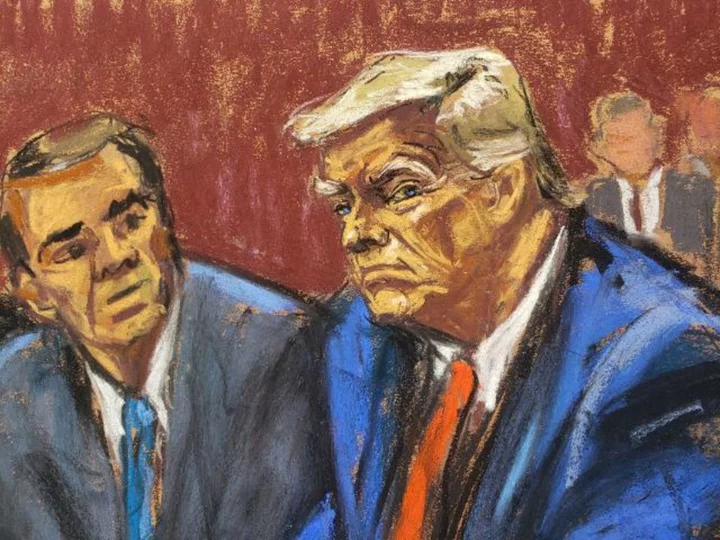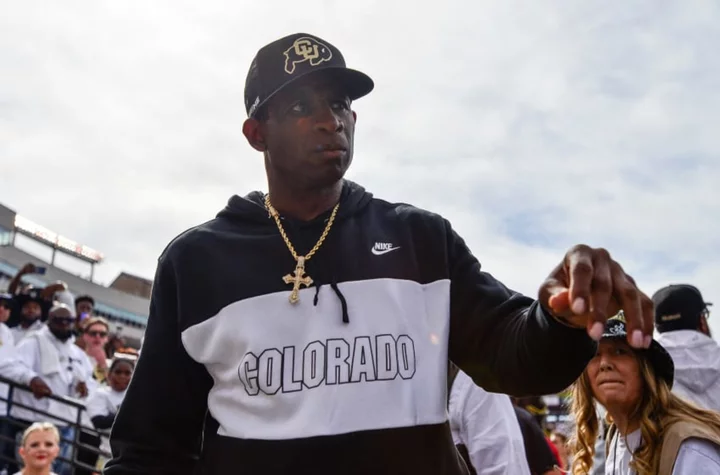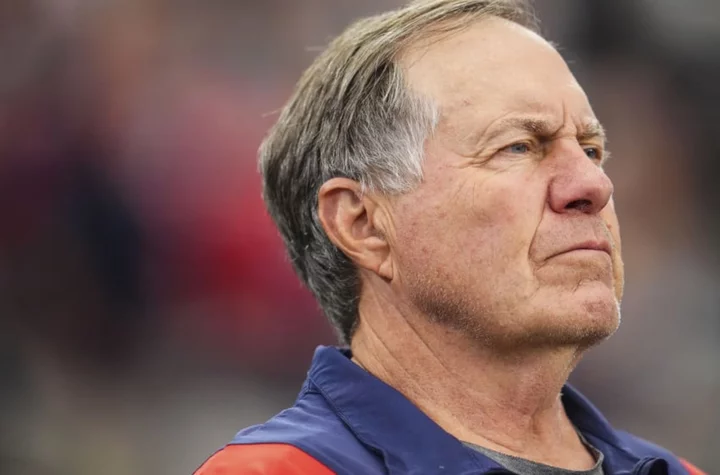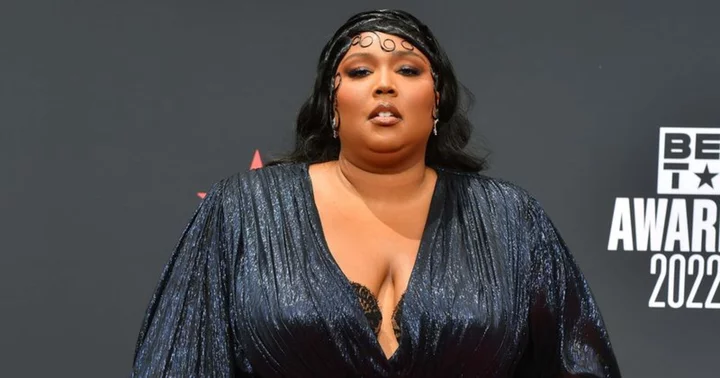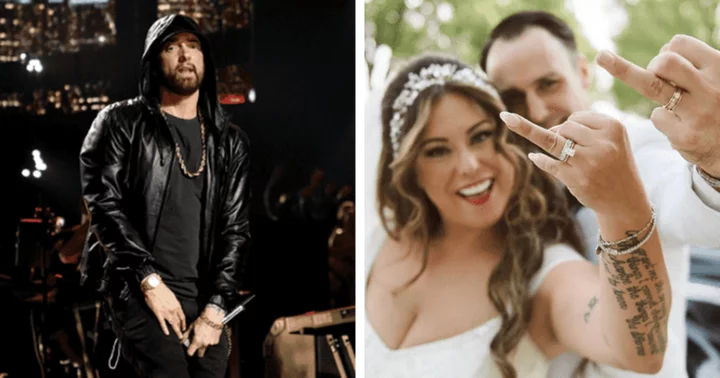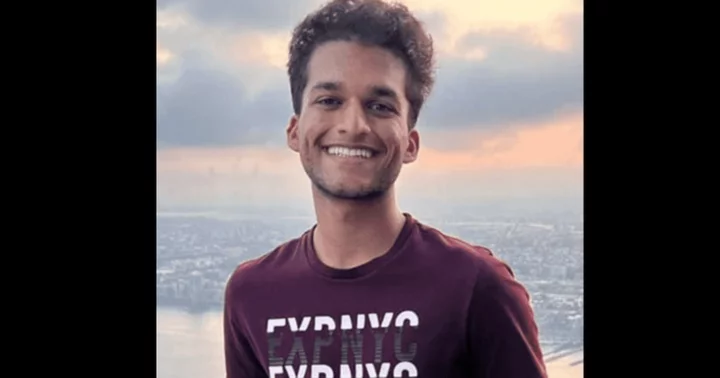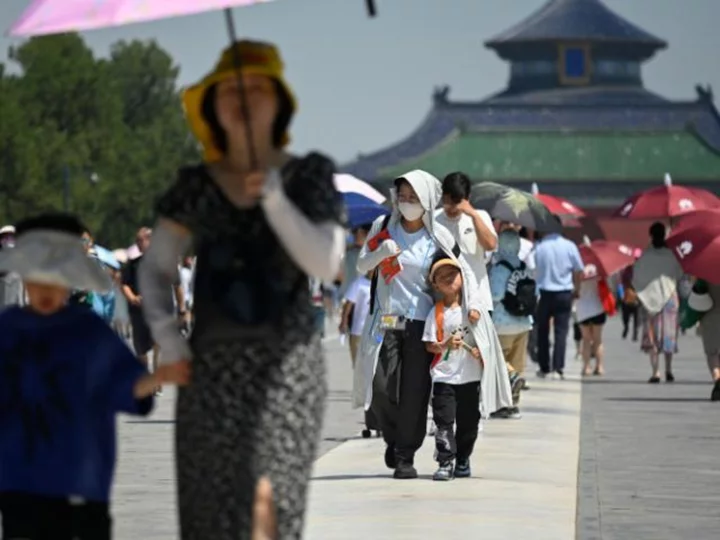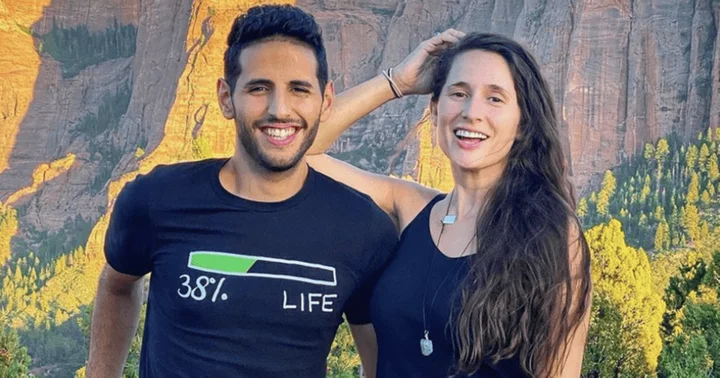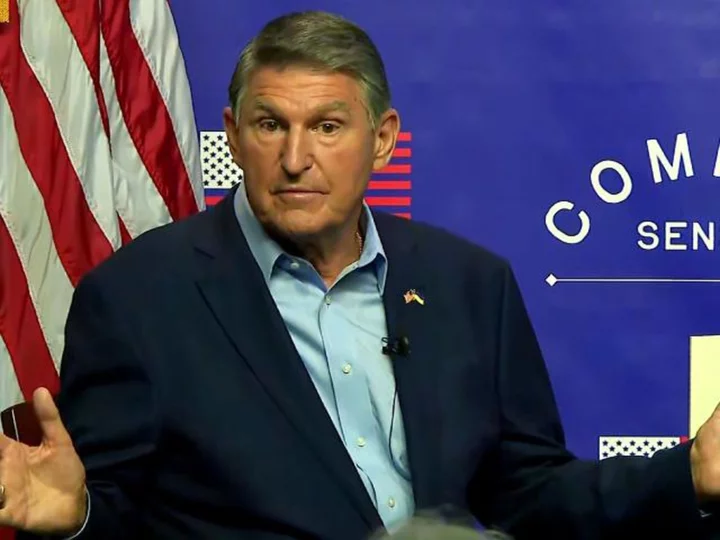Most of Tuesday's hearing, where former President Donald Trump made his first appearance in court facing 37 federal charges, followed an expected script, but the proceedings were dragged out by a disagreement over whether Trump should be restricted from talking to certain witnesses in the case.
That prohibition was not initially recommended in the bond proposal special counsel Jack Smith's team was seeking. Magistrate Judge Jonathan Goodman raised the concern himself.
Goodman, noting that this was a typical restriction in cases filed in the Southern District of Florida, where the indictment against Trump was brought, suggested that prosecutors put together a list of witnesses and victims in the case, and that Trump avoid communicating with them as the case moves forward.
The judge also said that for Trump's co-defendant, Walt Nauta, the limitation would only be on communications about the case, with Goodman noting that Nauta works closely with Trump and is with him nearly every day.
Nauta, who did not enter a plea Tuesday since he did not have a local attorney, will be arraigned later this month. He faces six counts related to the classified documents investigation.
Todd Blanche, Trump's attorney, resisted the idea of barring all contact with the case's witnesses, in a back-and-forth with the judge that played out over several rounds.
"Many of the people, including the men and women to protect him, may be witnesses in this case," Blanche said. He said the restriction "isn't appropriate" and "doesn't work."
"The folks that are part of the government's case are folks that" work with Trump every day, Blanche added. He also noted that one "key" witness was still a lawyer for Trump, and the condition that Trump can't talk to his lawyer "doesn't work."
Prosecutor David Harbach suggested that the Justice Department team would draft a list that would be "narrow in scope" -- not "exhaustive" of all the witnesses prosecutors may call at trial -- that would address the judge's concerns about witness contact, while accommodating Trump's situation.
The judge floated an idea that the government could make a two-category list: one of witnesses with whom Trump was to have no contact, and another where he would be restricted from discussing the details of the case.
Still, Blanche objected to that approach, calling it unnecessary and "potentially unworkable." He said the government could still put on its list workers who long worked for Trump and depended on Trump for their "livelihood." He also said there was already a remedy in place for addressing the judge's concerns about improper witness contact, noting that the witnesses have lawyers of their own who could deal with the issue if improper communications were to happen.
"Everybody has lawyers. Everybody has counsel," Blanche said.
After giving the government another turn to weigh in -- and Harbach assuring the court that their list would not include every single witness -- the judge landed on a bond package where Trump would have "no communications about the facts of the case," other than through counsel, with the witnesses on the list generated by the prosecutors.
If the Trump team found the list "inappropriate," "excessive," "unwieldly," or otherwise problematic, they could file a motion with the court, Goodman said.
Hiccups around signing bond package drag out final portion of hearing
The hearing was dragged out a bit due to hiccups around both Trump's and Nauta's signing of their bond packages.
The signing of Trump's bond package happened first, after a back and forth between the judge and Trump's attorney about whether he should be barred from communicating with certain witnesses about the case as a condition of his release.
Trump looked through the bond package, a packet of paper, and then gave it Blanche to look through. Trump then signed it, and it was taken up to the bench by a court employee. However, there was an apparent issue, and it was sent back to the defense table. Then back to the bench again. And then back to Trump, and then back to the judge a final time.
Goodman quipped that the saying goes, "third time's the charm."
The proceedings then turned to Nauta, who was unable to enter a plea because he did not have local counsel yet. However, his bond package was discussed and approved, and handed to the table for him to sign.
Nauta's attorney, Stanley Woodward, however pointed that the bond form included conditions that were not part of the package that was hashed out for the Trump aide, and the pamphlet was sent back to the bench. When it was fixed and sent back to Nauta for him to sign, the proceedings were able to come to an end.
"My involvement in this case ends right about now," Goodman said.

